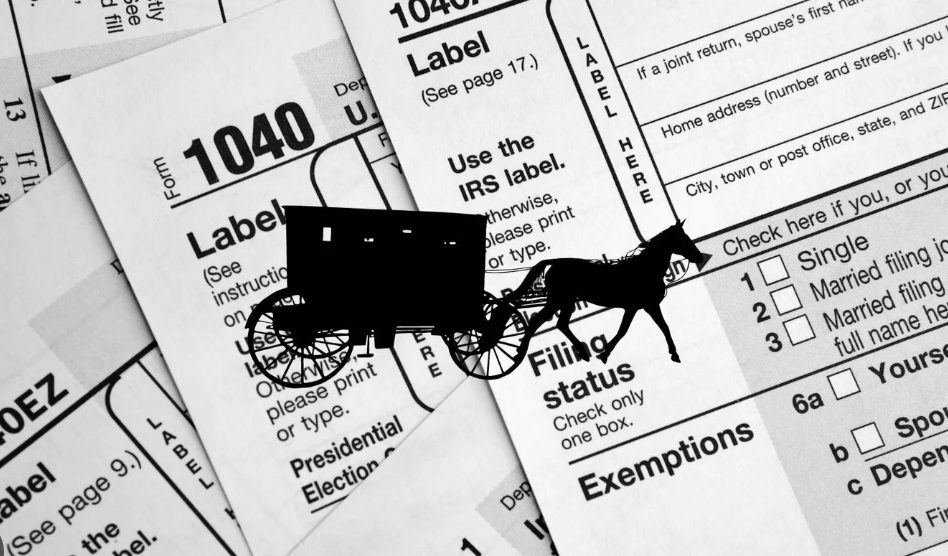Do Amish Pay Taxes? Understanding Taxation in Amish Communities
Have you ever wondered if the Amish pay taxes like the rest of us? It’s a common question, considering the unique lifestyle and beliefs of the Amish community.
In this guide, we’ll explore the intricacies of taxation within Amish communities, shedding light on whether they contribute to federal, state, and local taxes.
Also read: 36 Countries Apply To Join BRICS Alliance in 2024
Understanding Amish Beliefs and Taxation
The Amish, known for their simple living and adherence to traditional values, approach taxation differently from mainstream society.
Due to religious beliefs and principles, many Amish individuals and communities seek exemptions from certain taxes. These exemptions are rooted in their commitment to living a modest, self-sufficient lifestyle and avoiding entanglement with secular institutions.
Federal Taxes and the Amish
When it comes to federal taxes, the Amish navigate a complex landscape. While they are required to pay some federal taxes, such as income taxes on earnings from non-farm employment, they may be exempt from others.
For example, Amish individuals who are self-employed may be exempt from paying Social Security and Medicare taxes, citing religious objections to these programs.

State and Local Tax Considerations
In addition to federal taxes, the Amish may also face obligations at the state and local levels. While they generally pay state income taxes like other residents, exemptions may apply to certain taxes based on religious grounds.
However, the specifics vary depending on the state and local jurisdiction, and the level of exemption can differ from one community to another.
Property Taxes and Other Considerations
Property taxes present another facet of taxation within Amish communities.
While Amish individuals and families typically pay property taxes on their land and homes, exemptions may be available for buildings used for religious purposes or agricultural land. Again, these exemptions are often based on religious beliefs and practices.
Also read: 36 Countries Apply To Join BRICS Alliance in 2024

Conclusion: Navigating Taxation in Amish Communities
In conclusion, the question of whether the Amish pay taxes is nuanced and multifaceted.
While they generally adhere to their civic duties and contribute to federal, state, and local taxes like other citizens, exemptions may apply based on religious convictions.
Understanding the complexities of taxation within Amish communities requires careful consideration of their beliefs, practices, and interactions with government authorities. Ultimately, the relationship between the Amish and taxation reflects their commitment to preserving their faith and way of life in the modern world.
#Amish #Pay #Taxes
#bitcoinnews






